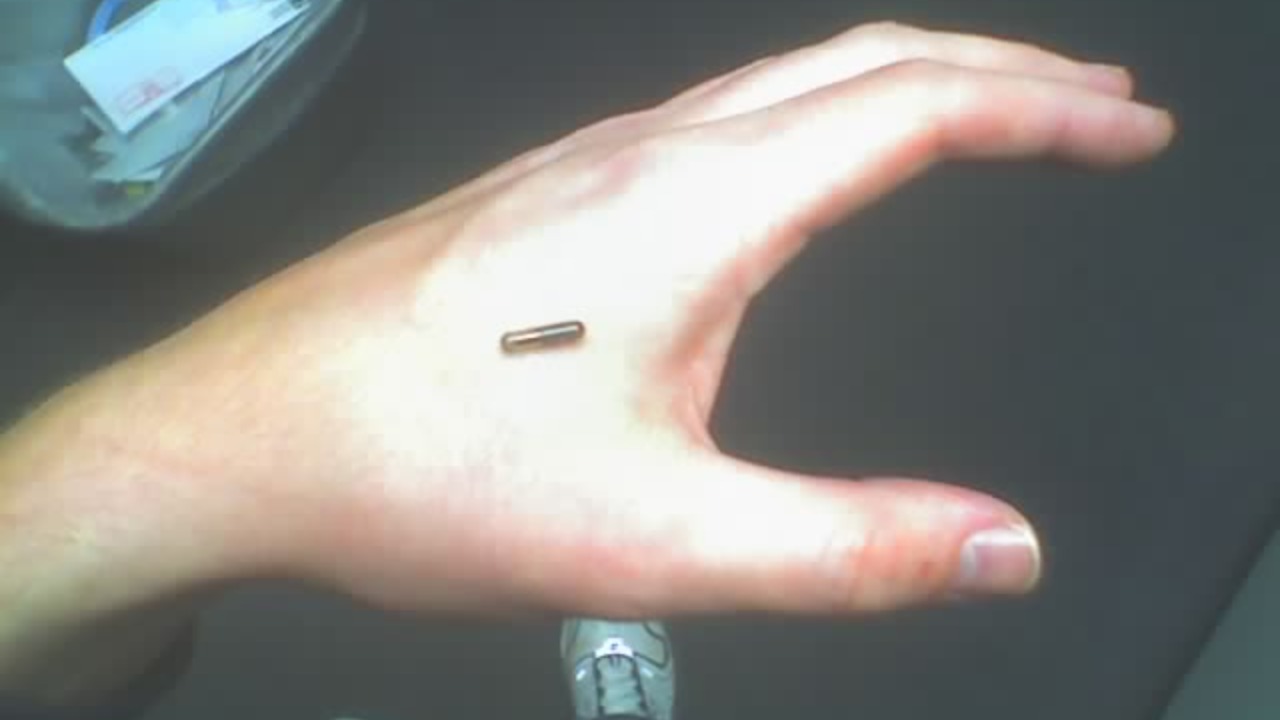
In a groundbreaking development, researchers at MIT have unveiled wireless brain chips that can self-implant post-injection, potentially revolutionizing the treatment of brain diseases. This innovative approach could eliminate the need for invasive surgery, offering a safer alternative for patients suffering from neurological disorders.
The Breakthrough in Injectable Brain Technology
The core innovation lies in the wireless brain chips’ ability to self-implant after injection. This feature addresses the limitations of conventional implants, which often require invasive procedures and carry associated risks. The self-implanting chips are a significant leap forward in the field of brain interfaces, offering a less intrusive and potentially safer method of treatment.
MIT has been at the forefront of this technology, reaching a pivotal milestone on November 5, 2025, with the announcement of these injectable brain implants. This development not only marks a significant advancement in non-surgical brain interfaces but also opens up new possibilities for treating brain diseases.
Mechanism of Self-Implantation
The injection process involves delivering the chips minimally invasively to targeted areas of the brain. Once injected, the chips autonomously position and integrate themselves within the brain tissue. This self-implantation process reduces the need for surgical intervention, making the treatment less invasive and potentially safer for patients.
Furthermore, the chips’ wireless functionality allows for communication and power without the need for external wires. This feature, as reported by MIT, significantly reduces the risk of infection and other complications associated with wired implants.
Healing Properties of the Implants
The implants are designed with internal healing capabilities that promote tissue recovery around the implanted chips. This feature is crucial in ensuring the long-term safety and effectiveness of the implants. The chips are also designed to be biocompatible, reducing the risk of inflammation and rejection in the brain environment.
The “heal from within” aspect of these implants, as reported on November 5, 2025, underscores their potential for long-term safety. This feature could significantly improve patient outcomes and quality of life, particularly for those suffering from chronic neurological disorders.
Applications in Treating Brain Diseases
The injectable brain chips could be used to treat a range of brain diseases, including epilepsy and Parkinson’s. By monitoring and stimulating neural activity, these chips could offer real-time treatment delivery without the need for repeated surgeries. This could significantly improve patient outcomes and reduce the burden on healthcare systems.
According to MIT, the vision for these chips extends beyond specific diseases to broader neurological applications. The 2025 breakthrough could pave the way for a new era in brain disease treatment, offering hope to millions of patients worldwide.
Safety Advantages Over Traditional Surgery
Compared to traditional open-brain procedures, the injectable method offers several safety advantages. The risk of infection and scarring is significantly reduced, and the self-healing integration of the chips further enhances patient recovery. These safety advantages could make the injectable chips a preferred option for treating brain diseases in the future.
The wireless self-implantation of the chips, as reported on November 5, 2025, further illustrates their enhanced safety profile. This feature could significantly reduce the risk of complications associated with wired implants, making the injectable chips a safer alternative.
Future Implications and Research Directions
The scalability of the injectable chip framework could potentially allow for widespread use of this technology. However, challenges such as precision targeting and long-term efficacy testing remain. Addressing these challenges will be crucial in realizing the full potential of this technology.
The 2025 announcement positions this technology for accelerated FDA pathways and global adoption. As research progresses, the injectable brain chips could revolutionize the treatment of brain diseases, offering a safer and more effective alternative to traditional surgical procedures.
More from MorningOverview